British Values
Rollesby Primary School is committed to serving its community. It recognises the multicultural, multi-faith and ever-changing nature of the United Kingdom. It also understands the vital role it has in ensuring that groups or individuals within the school are not subjected to intimidation or radicalisation by those wishing to unduly, or illegally, influence them.
It follows equal opportunities guidance which guarantees that there will be no discrimination against any individual or group, regardless of faith, ethnicity, gender, sexuality, political or financial status, or similar. Rollesby Primary School is dedicated to preparing students for their adult life beyond the formal, examined curriculum and ensuring that it promotes and reinforces British values to all its students.
The government set out its definition of British values in the 2011 Prevent Strategy.
The five key British Values are:
· Tolerance of those of different faiths and beliefs
The school uses strategies within the national curriculum and beyond to secure such outcome for students. Our Key Drivers of Independence, Healthy Body, Healthy Mind, Embracing Diversity, Inclusivity and Community also reflect the British Values. The examples that follow show some of the many ways Rollesby Primary School seeks to embed British Values.
For further information on our wider values, please see our Vision & Values page below.
Democracy
The principle of democracy is consistently being reinforced at Rollesby Primary School, with democratic processes being used for important decisions within the school community, for instance, elections being held for House Captains and School Council Representatives. Democracy has been explored through the curriculum when learning about Votes for Women and the start of democracy in Ancient Greece.
The school regularly seeks the opinion of pupils, parents and staff through questionnaires and the School Council has implemented improvements through the class council discussions; for example, listing desired reading books for each class and planning mental health day.
The rule of law
The importance of laws, whether they be those that govern the class, the school, or the country, are consistently reinforced at Rollesby Primary School. Children are taught the rules and expectations of the school through the school Golden Rules. Children make and understand their class rules and expectation at the start of each school year.
Pupils are taught the value and the reasons behind laws that govern and protect us, the responsibilities that this involves and the consequences when laws are broken. Visits from authorities such as the Police and Fire Service reinforce this message.
Individual liberty
At Rollesby Primary School, pupils are actively encouraged to make independent choices, with the knowledge that they are in a safe, secure and supportive environment. Staff at Rollesby Primary School educate and provide boundaries for pupils to make informed choices, through a safe environment and an empowering education. Students are encouraged to know, understand and exercise their rights and personal freedoms and are advised on how to exercise these safely, for example through e-safety and Jigsaw lessons. Hemsby Primary School has a strong anti-bullying culture and a Behaviour Policy that empowers children to know for their rights and to share concerns and worries with staff.
Mutual respect
Respect is a strong part of Rollesby Primary School. Pupils learn that their behaviour has an effect on their own rights and those of others. All members of the school community treat each other with respect and this is reiterated through its teaching and learning environments. Mutual respect is embraced throughout the curriculum by providing the opportunity for children to express their views in a safe environment.
Tolerance of those of different faiths and beliefs
This is achieved though equipping children with the ability to understand their place in a culturally diverse society and by giving the opportunities to experience diversity within the school community. The curriculum and topics chosen expose the children to a wide range of beliefs and cultures, allowing them to experience lifestyles, foods and beliefs. The Religious Education curriculum provides a broad and balanced education on a range of faiths, religions and cultures.







